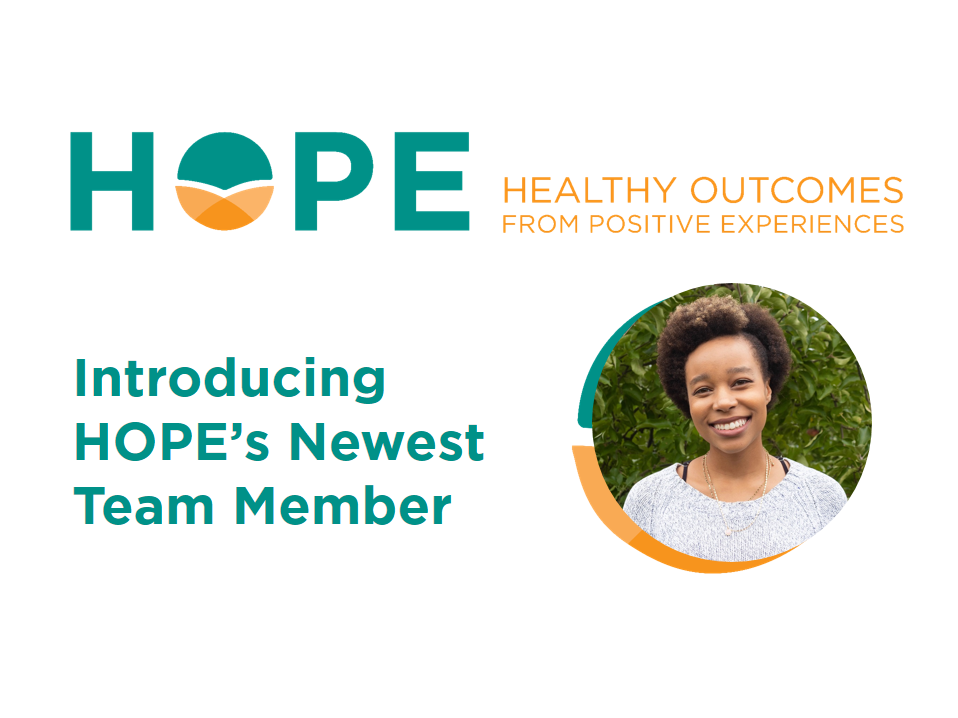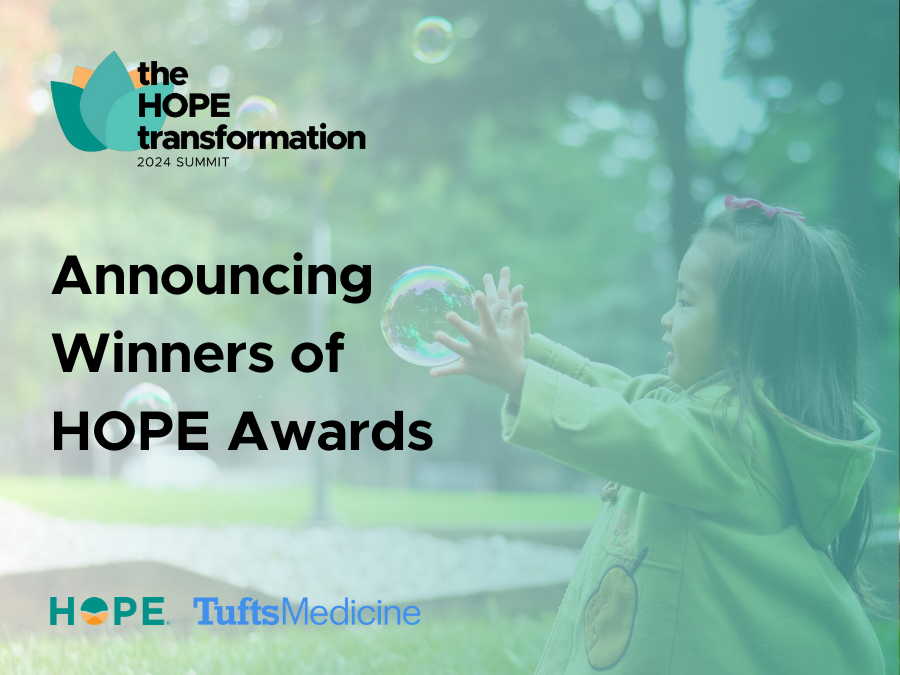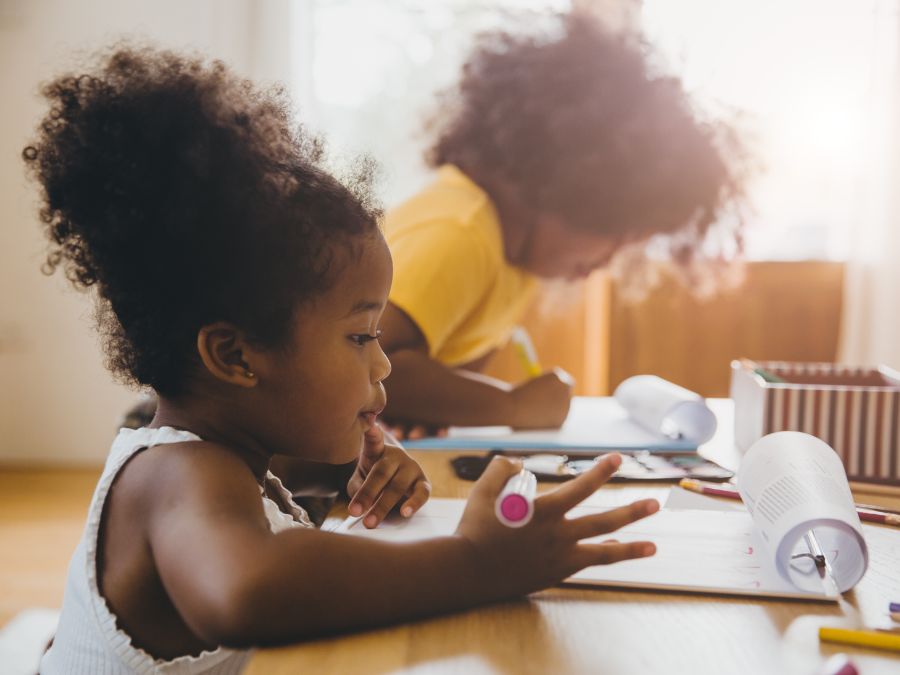
Over the last year, HOPE has continued to evolve and grow. Now, we’d like to share an exciting development: a new research assistant joined the team last week! We are so happy to have our newest member, Loren McCullough, on board with HOPE. For this post, we asked Loren to answer some questions about herself—read her answers below!
Before we get to know Loren, however, we’d like to share another recent HOPE development. Our core funding was recently approved, securing further HOPE growth in the year to come! HOPE will additionally be partnering with the American Academy of Pediatrics and Prevent Child Abuse America to implement a nationwide survey on family and child experiences during COVID-19, a project funded by the CDC. We are excited to launch into the future of HOPE, and we thank you for following along!
Please introduce yourself to our blog readers!
I’m a recent graduate, and my career is dedicated to establishing equitable outreach and services for families at societal disadvantage. As the newest research assistant with HOPE, I have been dedicated to developing a nationwide survey to better understand the impact of COVID-19 shutdowns on children and families. I am eager to examine the ways in which families have been building positive experiences for their children during this time, and spread stories of HOPE across the nation through workshops!
What is your background?
I graduated summa cum laude from Boston University in May of 2020, having earned my B.A. in Psychology with minors in language studies. During the course of my studies, I worked with Boston Children’s Hospital, the Harvard School of Public Health, and others on projects directed at the Boston community. As my work focuses heavily on developmental psychology and neuroscience, I am drawn to research teasing apart the ways in which experiences in childhood shape adult lives and behaviors. This interest always pushes me toward helping families in ways that range from basic childcare to interaction with providers through HOPE. My career interests are dedicated to research that promotes equity in underrepresented communities and increases access to care where it is needed most.
What interests you in HOPE?
Through my research work in the Boston area, I came to realize the very real need for equitable health and public safety programs nationwide. HOPE stands upon a foundation that not only proposes a new way of approaching public health and service, but encourages providers to bolster the caring practices they already find themselves driven to.
I was raised in a family of medical professionals; my father delivered every baby born to our household, myself included. Growing up in a household with doctors exposed me to in-depth experience with provider training and the mindset of risk-based assessment. HOPE is builds on completely new ways of thinking. This framework has motivated me to shape my perspective as a professional from a very early point in my career. While I learned a great deal of risk assessment from parents and professors, being a part of HOPE has shown me the power of positive experience as well. By emphasizing strengths, I believe this framework is an important aid to health service professionals.
What do you do for fun, outside of work?
At Boston University, I participated in an a cappella singing group called Terpsichore that grew to be my home away from home. Our group would get together to rehearse or perform for more than 10 hours a week – each member became like family! To this day, I still enjoy getting together with the other members and reminiscing, or pulling out old tracks for karaoke night! Sometimes, I catch myself singing my voice part while working without even realizing!
Pre-COVID, on the weekends, you could find me going for picnics with friends or wandering across the city, as long as the temperature outside stays above freezing. I have also been involved in theater productions over my years in Boston and truly love the feeling of acting or singing onstage. Since the pandemic, I find it so relaxing to walk by the waterfront and watch the boats sway in the harbor. Even in times like these, it’s a beautiful reminder of how peaceful life can be when I take time for myself.
What is an important fact we should know about you?
One of my minors was in Deaf Studies, and I am very passionate about outreach across ableist barriers! I stumbled into the study of a beautiful manual language, and came out with a much greater understanding of the social divide as well as a desire for change. Though I’m only semi-fluent, studying ASL and Deaf Culture taught me the invaluable nature of provider empathy and open-minded care to those who are marginalized; relationships and study with members of the Boston area Deaf community was a primary facilitator to my engagement with HOPE today!


